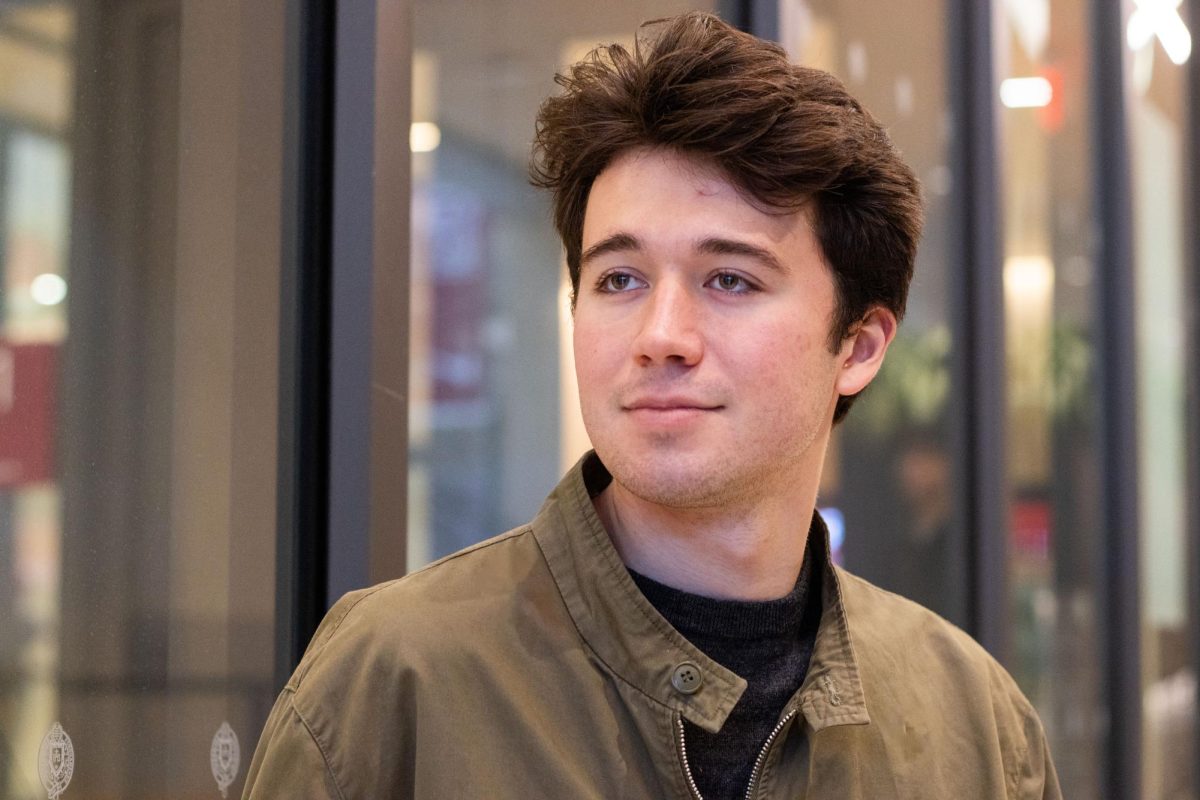A committee of students, faculty, administrators and alumni are to align the university’s investment strategy with its Jesuit values.
Once convened, representatives of the Advisory Committee on Socially Responsible Investing (ACSRI) will create ethical guidelines for Fordham’s financial activity and have the opportunity to review confidential information about the University’s investment portfolio.
The committee will have 12 representatives, per an email from University President Tania Tetlow. This will include two undergraduate students (one each from Rose Hill and Lincoln Center), two graduate students, two tenured or tenure-track faculty members, an adjunct faculty member, two alumni, two administrators and a Jesuit.
Tetlow said Fordham is the 12th Jesuit institution to form a committee to review investments.
Once convened, representatives of the Advisory Committee on Socially Responsible Investing (ACSRI) will create ethical guidelines for Fordham’s financial activity and have the opportunity to review confidential information about the University’s investment portfolio.
Representatives on the ACSRI will articulate the university’s values and propose ways for Fordham to realize those values in how it uses its money. The representative for adjunct faculty appointed by Fordham Faculty United, Adjunct Professor of sustainability and environmental studies Sophia Huda, wrote in an email that it is important that Fordham aligns its financial policies with the ethics taught by its faculty.
“Money is a powerful tool that should be wielded responsibly. Putting your money behind a company through investing in their stocks, for example, is a reflection of the values that you hold. Are those values one of profit above everything? Or are those values about making positive and impactful change in society? Are those values the same ones that are taught in the classroom?” Huda wrote.
The committee will aim to develop a framework for ethical investing before making recommendations for the university’s portfolio to the University Board of Trustees.
Representatives on the ACSRI will articulate the university’s values and propose ways for Fordham to realize those values in how it uses its money.
Nicholas Meetze, Fordham College Rose Hill (FCRH) ’27, was selected by United Student Government for Rose Hill to be his campus’ representative on the ACSRI on Dec. 3. A double major in finance and philosophy, Meetze said that the committee’s aims are “right up my alley.”
“I’m super interested in bridging the interest between private and public financial interests,” Meetze said. “Historically, it’s seen as a competing interest, what the public wants and then what the private firms want. But what we’re seeing both domestically and internationally is this push to generate sufficient returns while also taking into account various stakeholders and what the public actually benefits from.”
Divestment of university endowments from corporations and industries that are seen as unethical is a central demand of many campus activists. In the last year, environmentalist and pro-Palestinian student protestors called on Fordham to disclose the content of its portfolio and divest from fossil fuel companies and arms manufacturers respectively.
Fordham does not disclose where it invests because the strategies of mutual funds which Fordham invests into are trade secrets, according to Geeta Kapadia, Fordham’s chief investment officer. Kapadia wrote in an email in May that divestment is difficult because Fordham could not direct those funds to sell shares to a given company.
“Investors such as Fordham do not have the ability to direct a mutual fund company to buy or sell individual companies from a fund,” Kapadia wrote.
Fordham would have to wholly withdraw from those funds and reinvest to another, which Kapadia wrote could be disadvantageous.
Divestment of university endowments from corporations and industries that are seen as unethical is a central demand of many campus activists.
“To divest from these funds, we would be forced to go out and find another fund that does not have exposure to the companies being targeted, which may be less competitive with higher fees, which would translate to lower returns for the endowment over time,” Kapadia wrote.
The ACSRI would not only consider divesting from specific industries but also where Fordham should put its money. Huda wrote that Fordham should put its significant financial resources towards social goods.
“Ethics is not just examining what we shouldn’t be investing in but what we could be investing in and what kind of change and impact we can make with the financial power we wield,” Huda wrote.
At time of publication, United Student Government for Lincoln Center (USGLC) had not announced Lincoln Center’s undergraduate student representative for the ACSRI. Vice President of USGLC Daphne Mei, Fordham College at Lincoln Center ’26, wrote in an email on Dec. 10 that a nominee had been selected by a handful of representatives on the executive board but had not yet accepted the position.
Representatives for the Faculty Senate and the Administrators’ Council have also not been selected.
The ACSRI will not be the first group with access to details of Fordham’s investments to include students. Last summer, the Board, Advisors and Students working group formed to review the university’s portfolio, with a focus on environmental impact and carbon footprint. The working group met through the fall semester and will present a proposal to the ACSRI early in the spring 2025 semester, according to Meredith Leahy, FCRH ’25, an environmentalist student who is on the working group.



